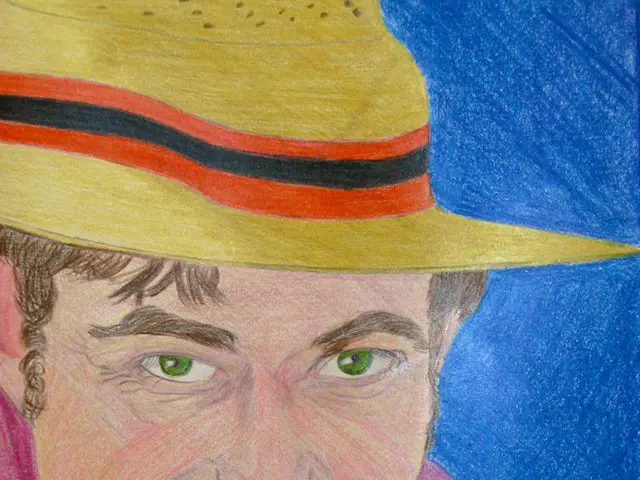Guide to Winners of Arthur C. Clarke Awards, Recognizing Outstanding Science Fiction Literature
The Arthur C. Clarke Award, an esteemed accolade recognizing the finest science fiction novels debuting in the UK each year, was initiated in 1987 with Sir Arthur C. Clarke's generous endowment. Selected by representatives from the British Science Fiction Association, the Science Fiction Foundation, and since 2019, the Sci-Fi-London film festival, this prestigious award honors the best full-length science fiction novels published in the UK each year. The prize initially comprised a commemorative bookend and a cash award on a par with the year's award sum in British pounds.
The ensuing decades have witnessed a diverse array of winning novels that have pushed the boundaries of science fiction and patriated urgent contemporary issues to distant futures. From dystopian societies ravaged by the oppressive grip of theocratic regimes, such as Margaret Atwood's groundbreaking novel, The Handmaid’s Tale (1987), to cautionary tales about the consequences of inaction on climate change, as depicted in George Turner’s The Sea and Summer (1988), these novels provide compelling foresights of worlds grappling with societal declines and environmental challenges.
Theshape of settling life within these invented worlds is often thoroughly reimagined, providing stark commentary on contemporary issues. Tricia Sullivan’s works, for example, depict corporate dominance within enclosed ecosystems like domes on alien planets, reflecting on the potential consequences of companies wielding unfettered power over life and resources.
Notably, the winning novels also delve into questions of identity, consciousness, and morality. Many explore the manipulation of gender roles and language in distorted societies, while others venture into the blurred lines between human and artificial intelligence.
With an emphasis on imaginative world-building, these works provoke thought about possibilities and moral quandaries in distant futures. They frequently depict alternate societies, new legal structures, or governmental systems that provide commentary on contemporary social concerns subtly encoded within speculative contexts[5].
There is no shortage of ingenious narrative techniques employed by these authors. Novels featuring multiple perspectives or shifting points of view have become commonplace, as well as works incorporating unreliable narrators or fragmented storytelling that deepen themes and engage readers. If anything, the literary ingenuity presented by winning authors serves as a testament to the breadth and depth of the genre[5].
Throughout the years, the Arthur C. Clarke Award has celebrated novels that probe the darkest corners of the human psyche while offering glimmers of hope and resilience in the face of adversity. The prize has highlighted the role of science fiction as a barometer for societal progress and a means of engaging with important contemporary issues[5].
- The space-and-astronomy genre, often a platform for thought-provoking exploration, is evident in the winning novels of the Arthur C. Clarke Award, such as Tricia Sullivan's works that delve into the corporate dominance within enclosed ecosystems, reflecting on the consequences of unchecked power.
- In the realm of Entertainment, these prestigious science fiction novels, like Margaret Atwood's The Handmaid’s Tale and George Turner’s The Sea and Summer, have not only captivated readers with their ingenious storytelling but also raised questions about societal declines and environmental challenges, making a significant contribution to the discourse.
- For the Space economy, the books that win the Arthur C. Clarke Award provide valuable insights into the potential of human civilization in the future, offering commentary on various subjects, including identity, consciousness, morality, and governance, often within the context of speculative societies and alien worlds.








